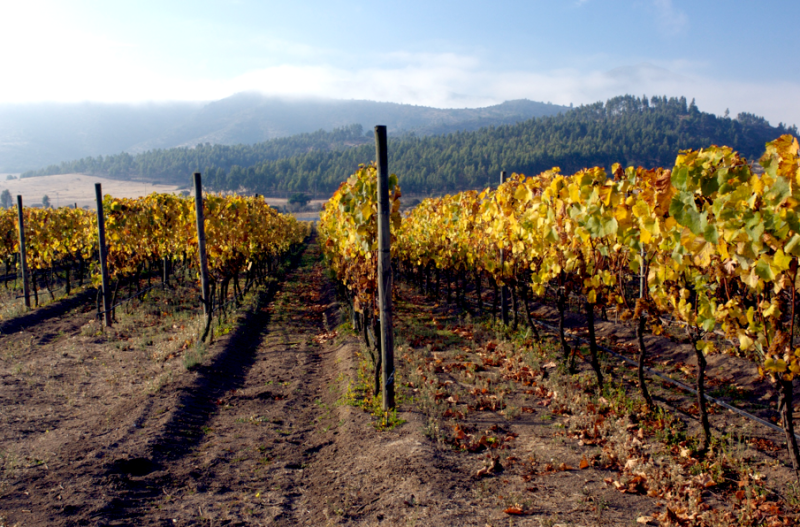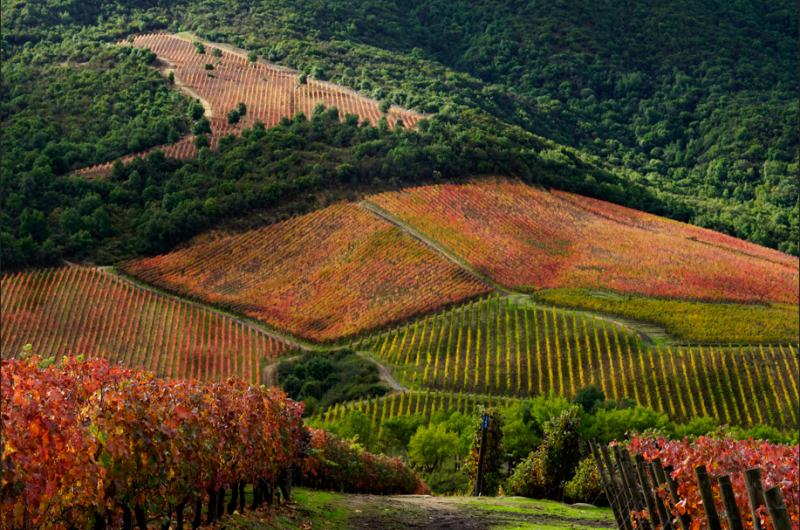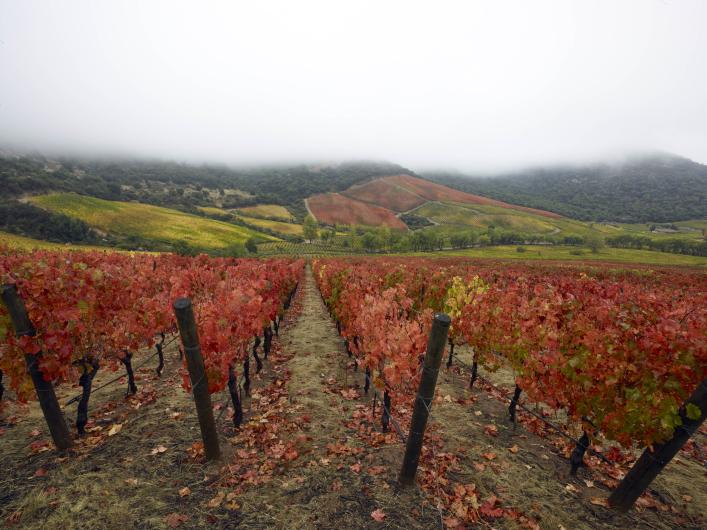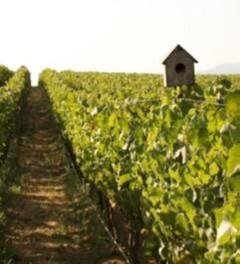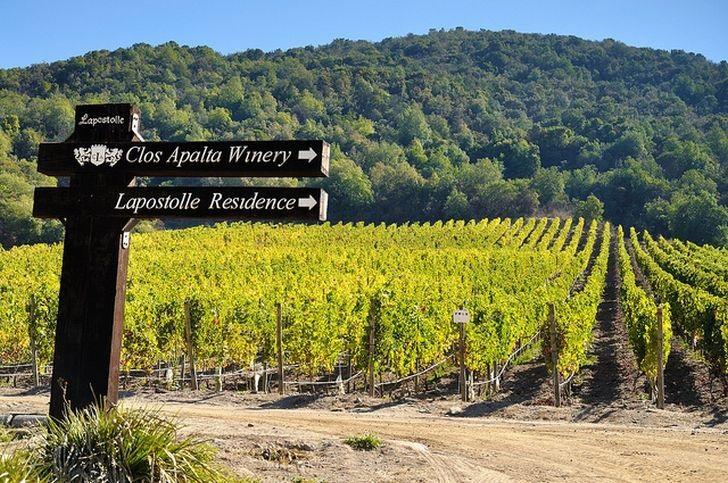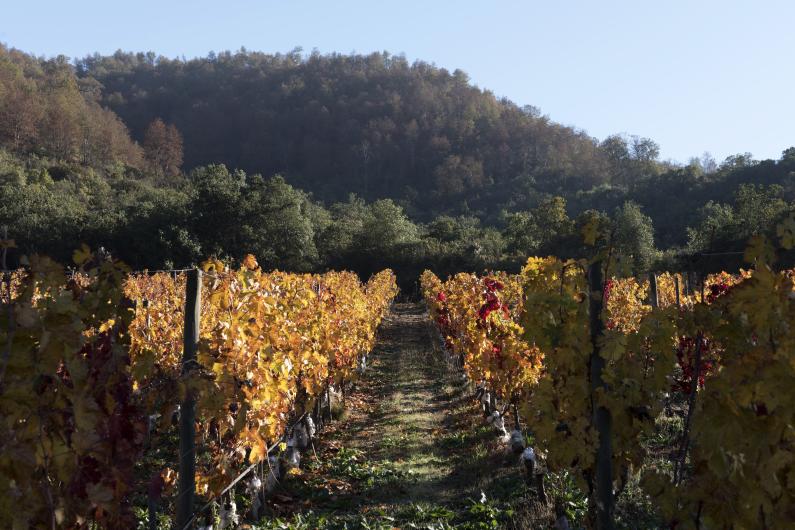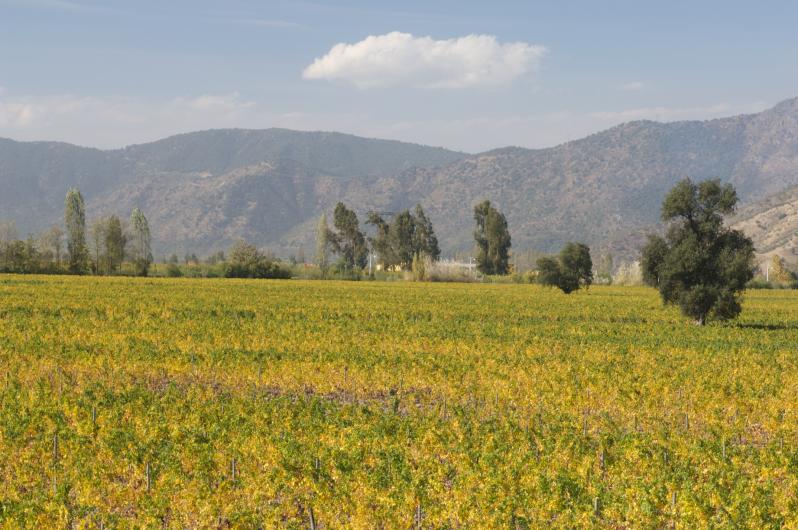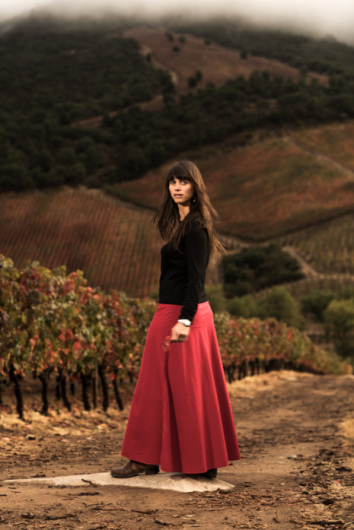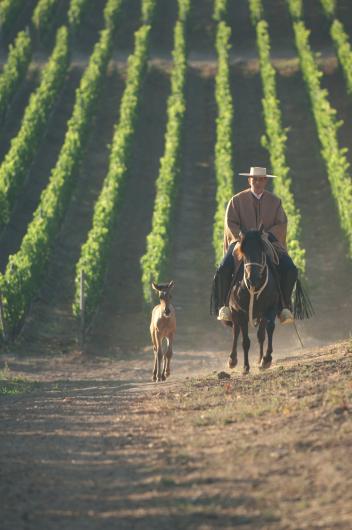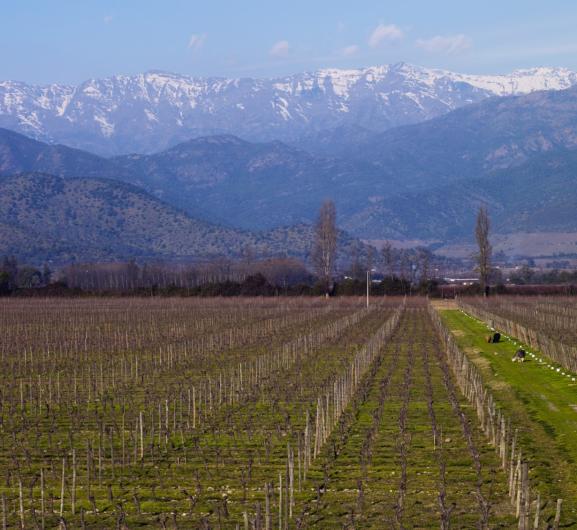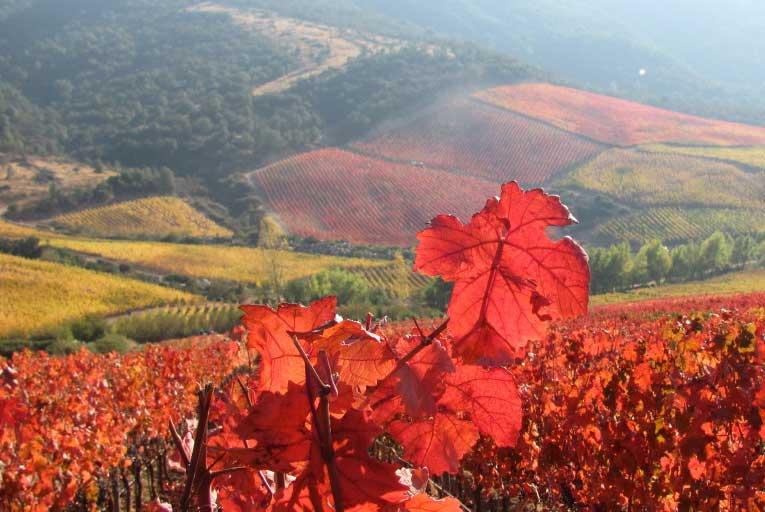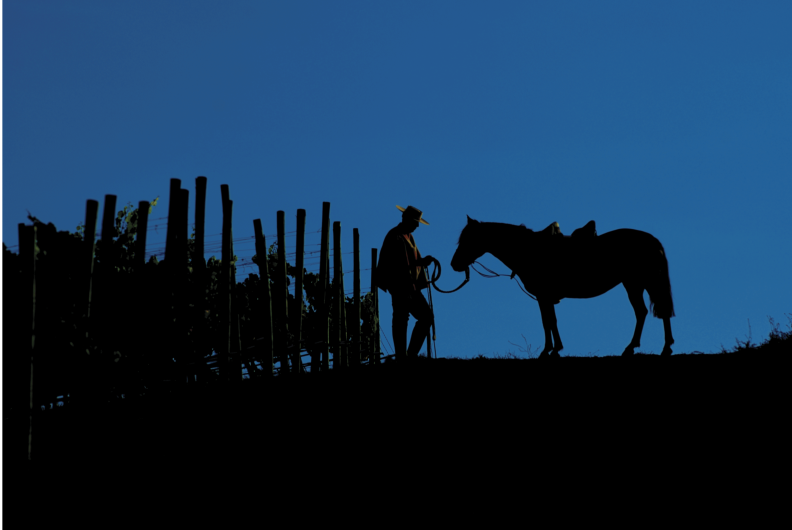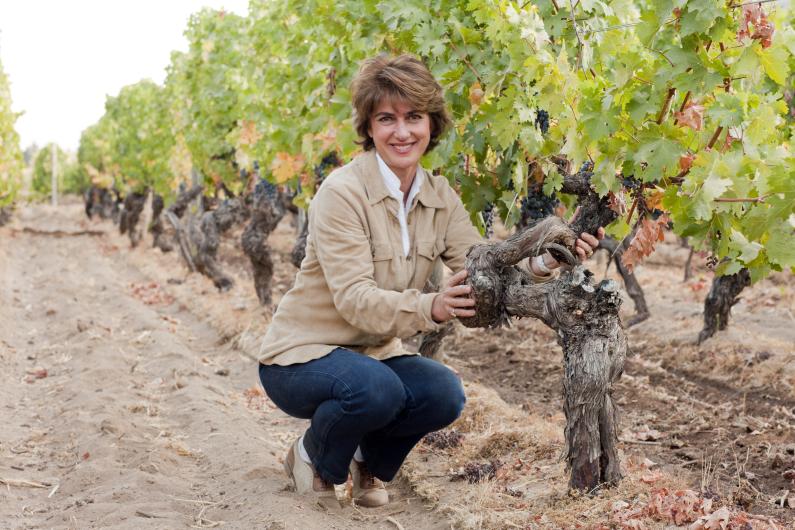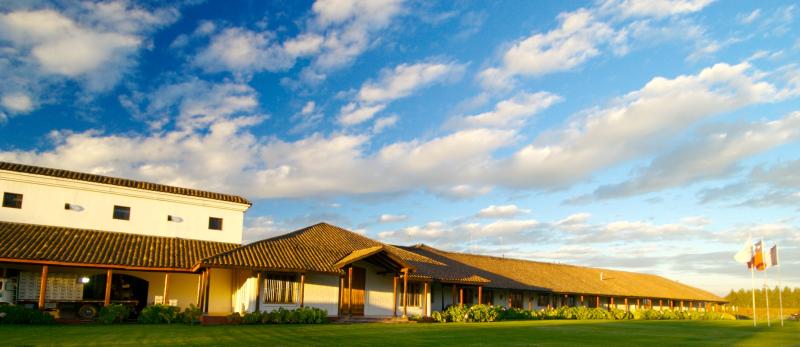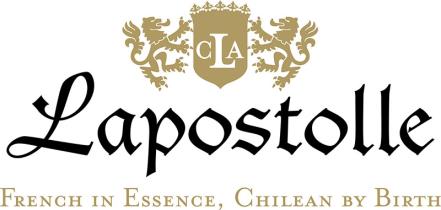Lapostolle
Le Rosé
Lapostolle
Le Rosé
We envisioned a Rosé inspired in the French Provence with a delicate salmon color and a charming nose of fresh fruit & spicy aromas.
Wine Production
Le Rosé is sourced from a selection of the best lots of Cinsault, Syrah, Grenache and Mourvèdre. All grapes were harvested earlier in the season to keep high level of acidity
and a fresh fruit expression. The grapes are carefully pressed and the free run juice is decanted naturally at low temperature. All fermentations were made in stainless steel tanks, between 14Cº and 16Cº. The wine was stored for 3 months in stainless steel tanks before bottling.
Tasting Notes
Color: Clean and pale pink color, with salmon shades.
Nose: Elegant and delicate nose of red fruit aromas such as strawberry and sweet cucumber along with subtle herbal notes.
Mouth: Refreshing, light with nice acidity, mouth feel with a long lasting finish.
Food Pairing
Serve ideally with aperitif, fresh salads, fish and seafood. Will also do well with bittersweet and spicy dishes such as ricotta cheese and chives empanadas and Turkish apricot with bacon. Serve from 9 to 11°C (49 to 52°F).
We envisioned a Rosé inspired in the French Provence with a delicate salmon color and a charming nose of fresh fruit & spicy aromas.
Wine Production
Le Rosé is sourced from a selection of the best lots of Cinsault, Syrah, Grenache and Mourvèdre. All grapes were harvested earlier in the season to keep high level of acidity
and a fresh fruit expression. The grapes are carefully pressed and the free run juice is decanted naturally at low temperature. All fermentations were made in stainless steel tanks, between 14Cº and 16Cº. The wine was stored for 3 months in stainless steel tanks before bottling.
Tasting Notes
Color: Clean and pale pink color, with salmon shades.
Nose: Elegant and delicate nose of red fruit aromas such as strawberry and sweet cucumber along with subtle herbal notes.
Mouth: Refreshing, light with nice acidity, mouth feel with a long lasting finish.
Food Pairing
Serve ideally with aperitif, fresh salads, fish and seafood. Will also do well with bittersweet and spicy dishes such as ricotta cheese and chives empanadas and Turkish apricot with bacon. Serve from 9 to 11°C (49 to 52°F).
Brand Materials
Vineyard & Production Info
Winemaking & Aging
Analytical Data
About the Vineyard
In general terms the 2019 season began with a significant water deficit, followed by a complex spring, where precision management in control of fungal diseases due to the water fallen in spring was essential. The summer brought benevolent conditions in relation to the health of the vineyard, but with a very hot period that brought lack of water and high radiation affecting the physiology of the vineyard and the dynamics of maturity, making the decision of the date Harvest a challenge. This harvest leaves us expressive white wines in the fruit of a lot of character as well as red, deep wines with potential for aging.
